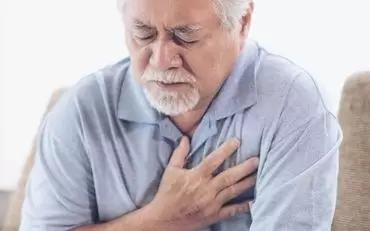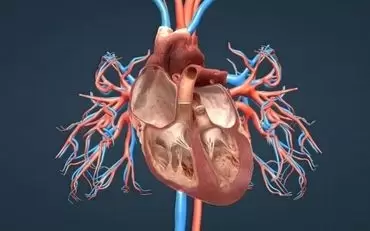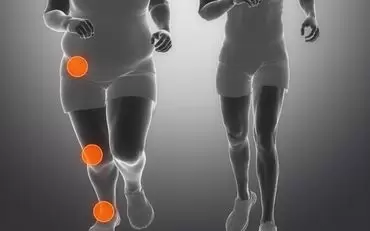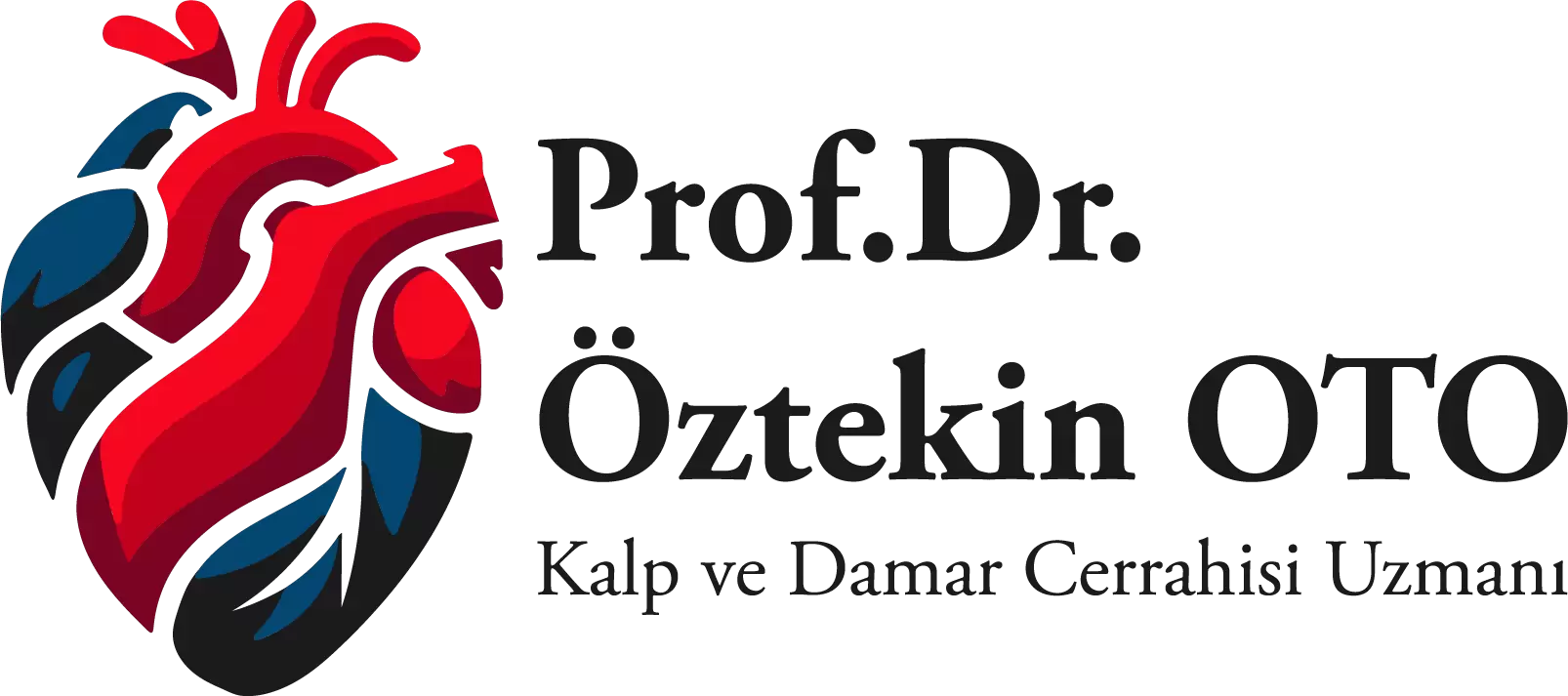29 Oca
Heart Valve Surgery
Heart Valve Surgery
Heart is directly affecting the overall health of the individuals as the organ supplying oxygen to all the other organs in the body. There are several researches and studies that have been conducted for many years on the structure of the heart, types and functions of the heart vessels, heart diseases and their outcomes and treatment methods. The recent developments in technology have significantly contributed to the diagnostic and treatment methods in cardiovascular surgery and these advantages in their turn lead to healthier life expectancy.
There are 4 chambers of the heart. Heart valves located between these chambers regulate the blood flow and pumping function by building the connection both between the chambers or the chambers and the main vessels. While the valves which are located at the left side of the heart and responsible for pumping clean blood to the body and supplying oxygen to the organs are called the aortic and mitral valves, those located at the right side of the heart and which are responsible for carrying dirty blood to the lungs are called the tricuspid and pulmonary valves.
Heart valves may loose their function or impair due to several factors. Most common heart valve diseases are heart valve stenosis, heart valve regurgitation and valve prolapse. These diseases have several symptoms such as:
- Palpitation
- Edema on the legs
- Fatigue
- Shortness of breath
- Stroke
- Rhythm problems at the heart
- Clotting
- Exhaustion
Heart valve diseases are treated surgically. Selection of the treatment modality as whether repairing or replacing the heart valve is decided upon a thorough diagnostic work-up. If there is any problem with the heart valve, the heart valve will no longer be functional and this will result in severe damage on cardiac health. Therefore repair procedure is a priority for the sick valve, however some of the damaged valves are not eligible for repair. In this case, such valves are replaced with mechanical or biological valves by valvular surgery.
Mechanical Valve Surgery
After mechanical valve procedures, there is no need for another heart valve surgery for the patient. However, the patient must use blood thinner medication life long due to risk of clotting.
Biological Valve Surgery
In this procedure, which is also named as bioprosthetic valve, the valves are made of bovine, porcine or human tissue. In biological valve surgery, the heart valve may wear in 10-15 years and become dysfunctional again. In this case, the patient may require another surgery. Nevertheless, the patient is not dependable on blood thinners after this procedure.
Valve Repair
In surgical treatment of heart valve regurgitation, the first method of choice is heart valve repair. Today, the surgery can be performed by small incisions and thus the patient can have a comfortable recovery period after the surgery. Heart valve repair allows the patients to live with their own heart valves. Before the procedure, transesophageal echocardiography is used to assess the patient’s heart valve and make a definite diagnosis of the problem. 5 cm of an incision is used during heart valve repair to avoid any cosmetic or physiological problem for the patient.
Related Articles

Heart Attack
A heart attack occurs when there is a blockage in the coronary arteries, which are the vessels..
Read More
Coronary Artery Disease
Arteries are the blood vessels that transports the blood pumped away from the heart to the rest of t..
Read More
Obesity Treatment
Obesity, or as it is known by the public, “obesity”, is a disease that occurs when excess fat accumu..
Read More




